The Economics Of Leaving Afghanistan
July 29, 2013 in Daily Bulletin
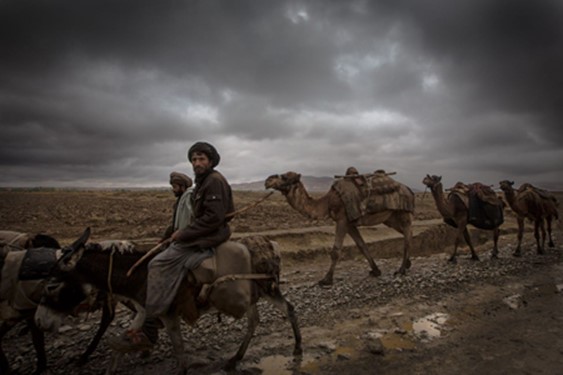
Afghans are looking to leave Afghanistan due to the looming withdrawal of most NATO troops from the country write Rob Taylor and Mirwais Harooni:
- In a country stricken by poverty, those who have the money are paying for new identifies, visas and flights to new lives in new countries.
- As the date of the NATO withdrawal draws nearer prices have shot up. Securing passage to Europe used to cost $16,000. Now it’s $25,000. Getting to Canada can cost as much as $50,000.
- One country not on the list of potentials is the United States where it is thought to be too difficult to illegally secure entry.
- Turkey has recently made it easier for foreigners to buy property, making it a top destination.
- Some living in western countries have realized the opportunity they have. One Germany-based middleman sends letters of invitation to Afghans for visas to Romania, Italy or Germany for $2,773.
Read more about the Afghan exodus over here.
Source: Reuters








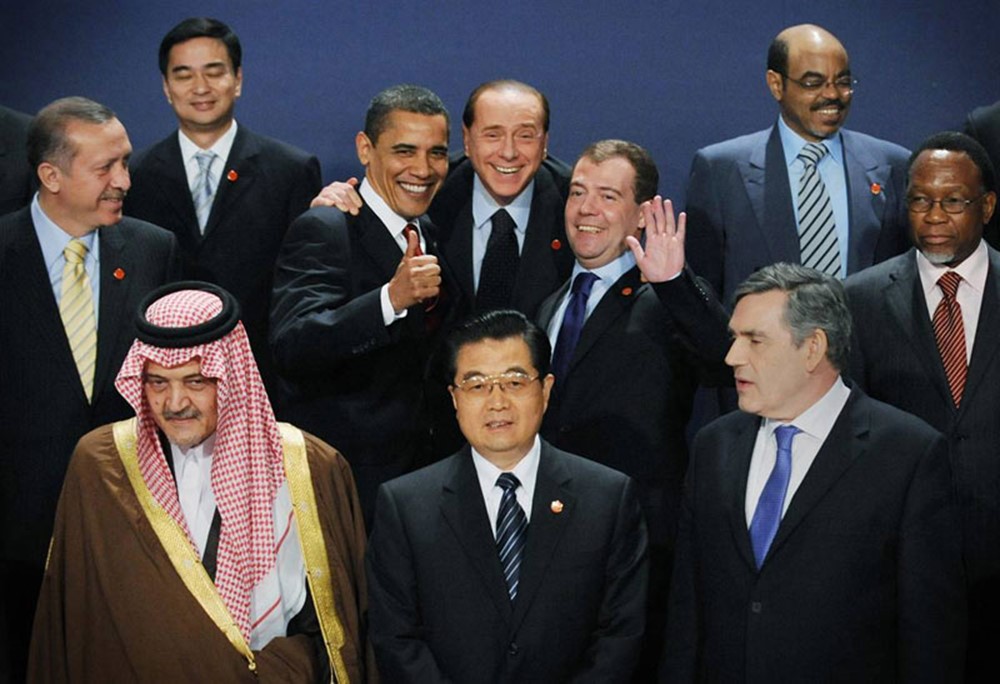

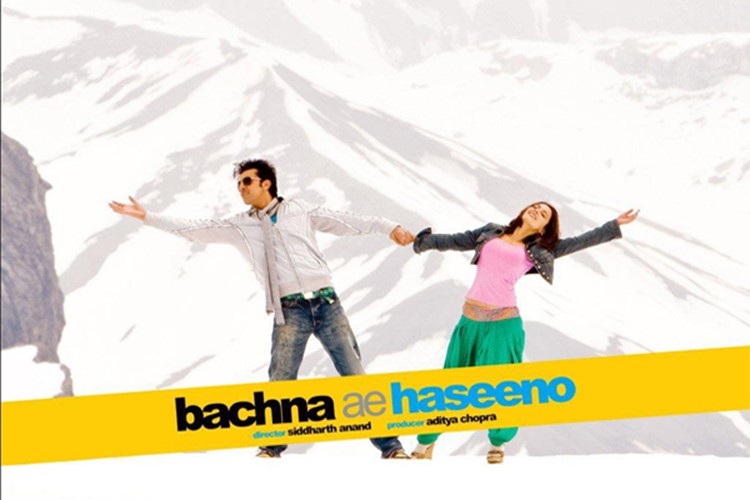
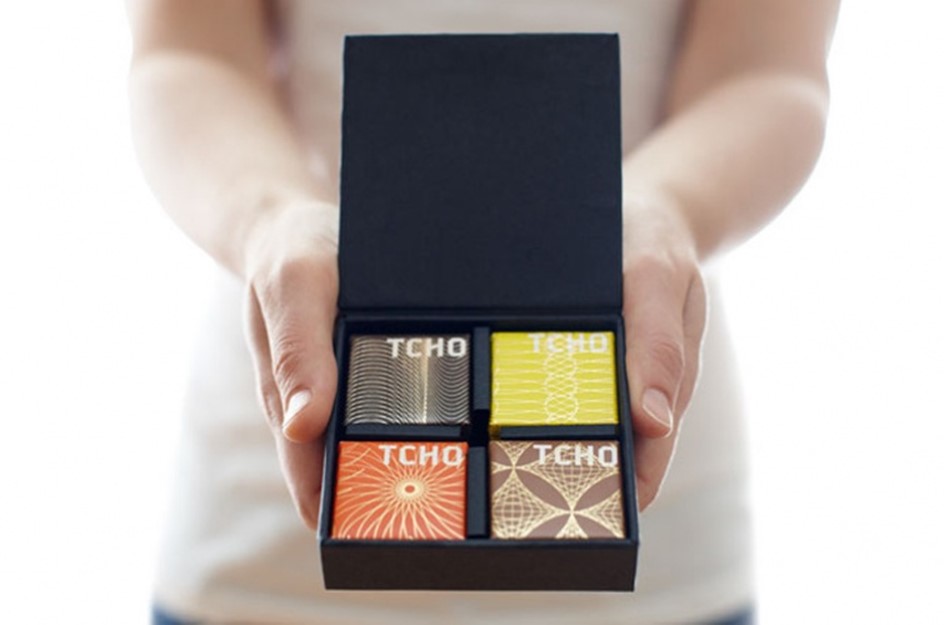

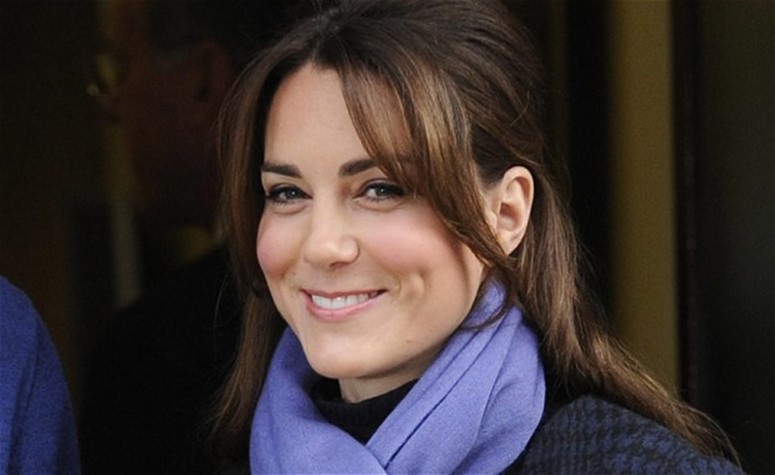
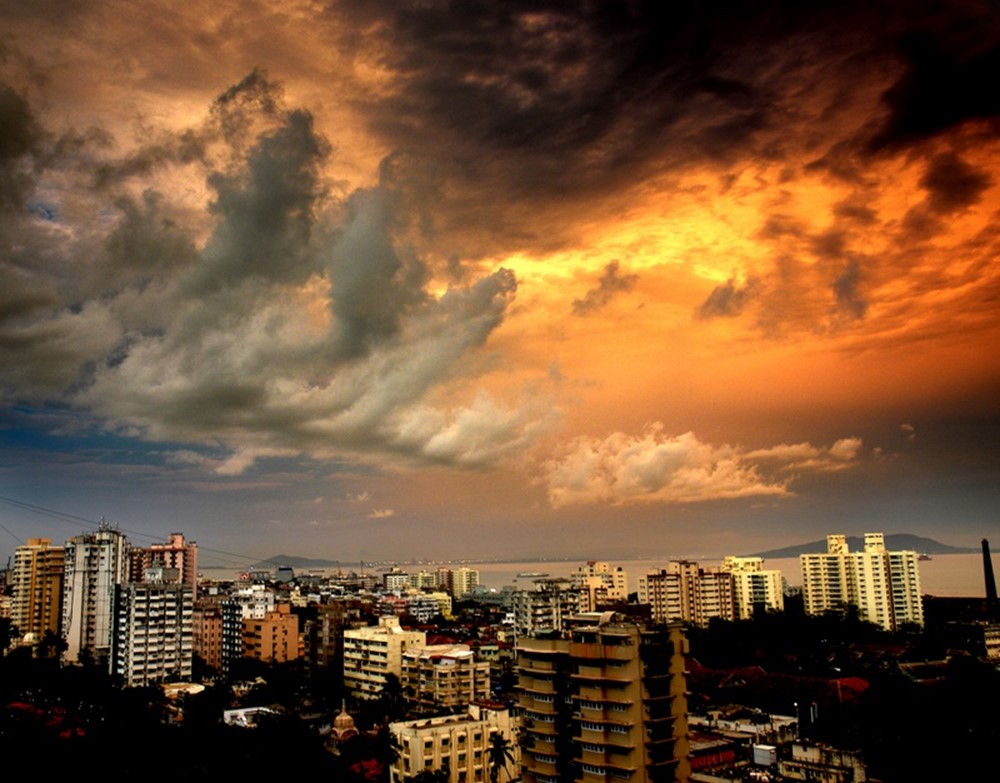


Join the Discussion! (No Signup Required)